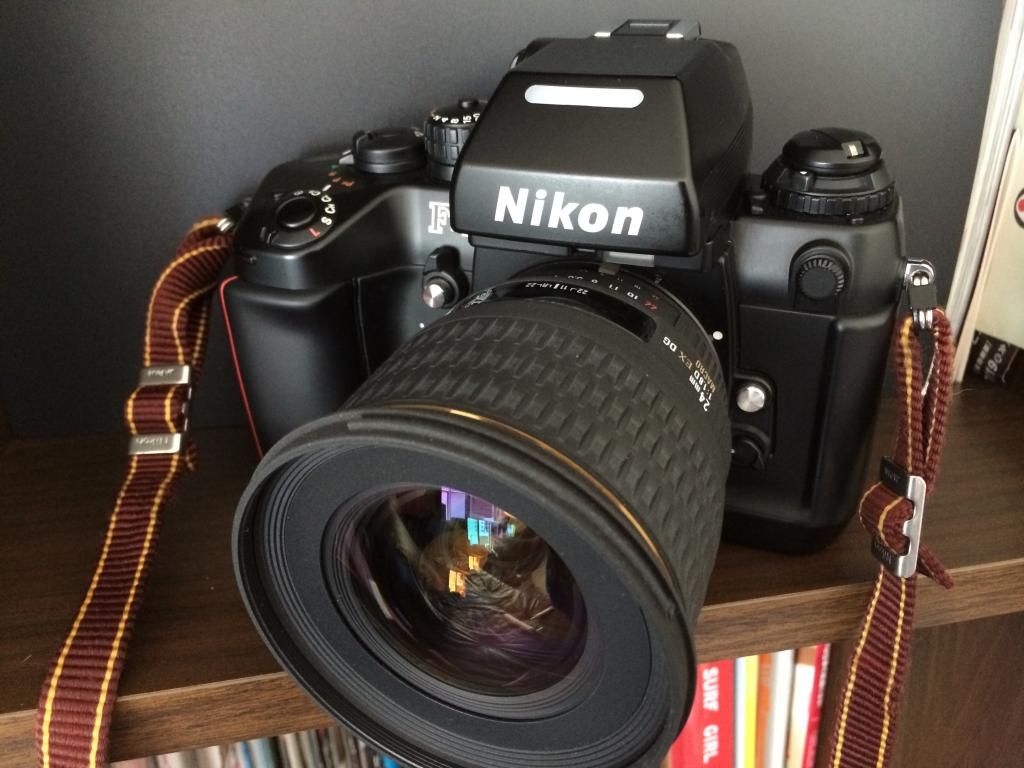GarageBoy
Well-known
I shoot in dark locations quite often and while I love my F2AS with Type K (split/microprism screen), I can barely focus due to the dark screen and often miss shots.
Generally in places where I'm at F1.4-F2 1/60s ISO3200
I'm using Nikon 50 1.4 and 105 2.5 lenses
Is it time for AF, a later camera with a better screen/microprism spot? Should I get a type G or type H screen?
Thanks
I'd like not to waste my last dozen TMax 3200
Generally in places where I'm at F1.4-F2 1/60s ISO3200
I'm using Nikon 50 1.4 and 105 2.5 lenses
Is it time for AF, a later camera with a better screen/microprism spot? Should I get a type G or type H screen?
Thanks
I'd like not to waste my last dozen TMax 3200




